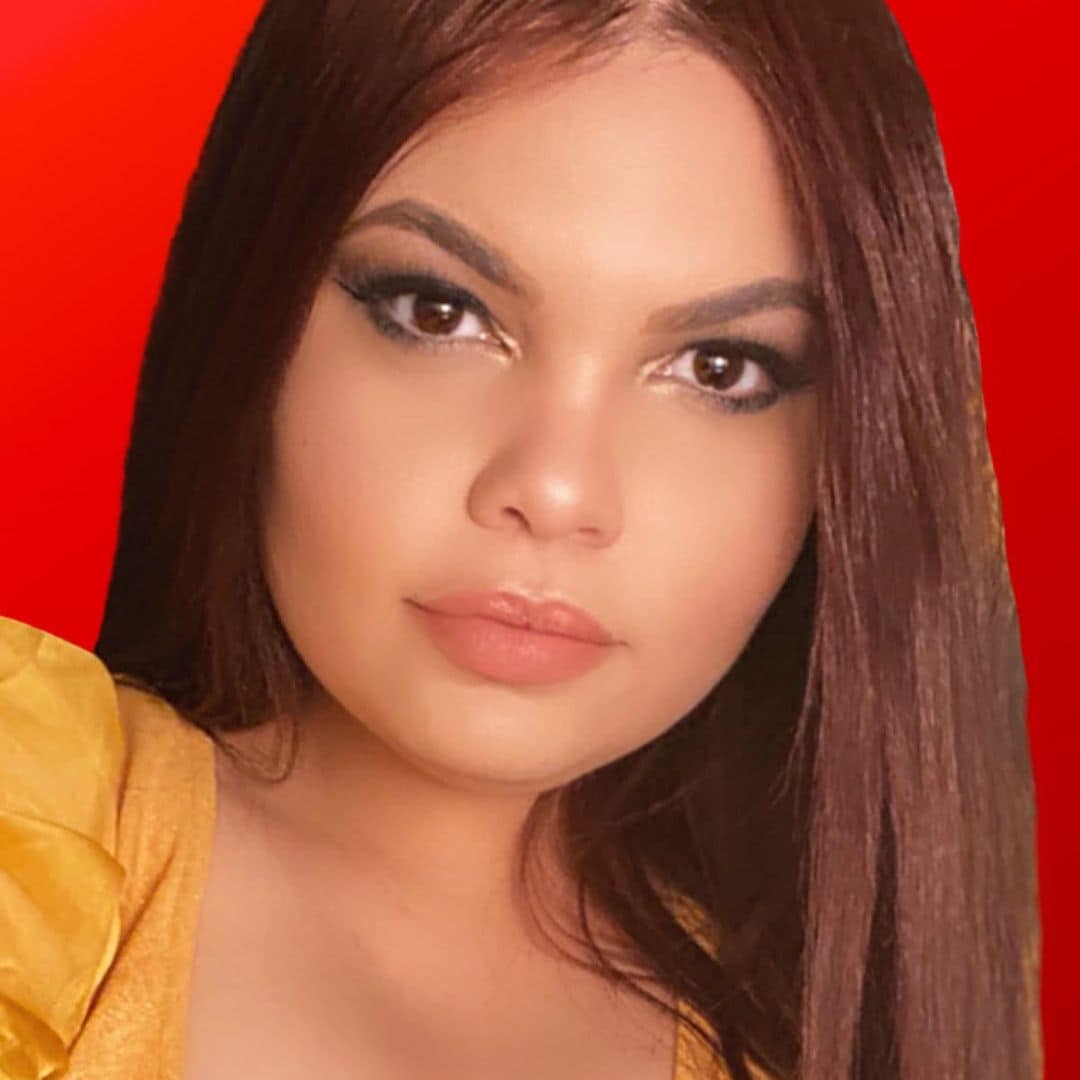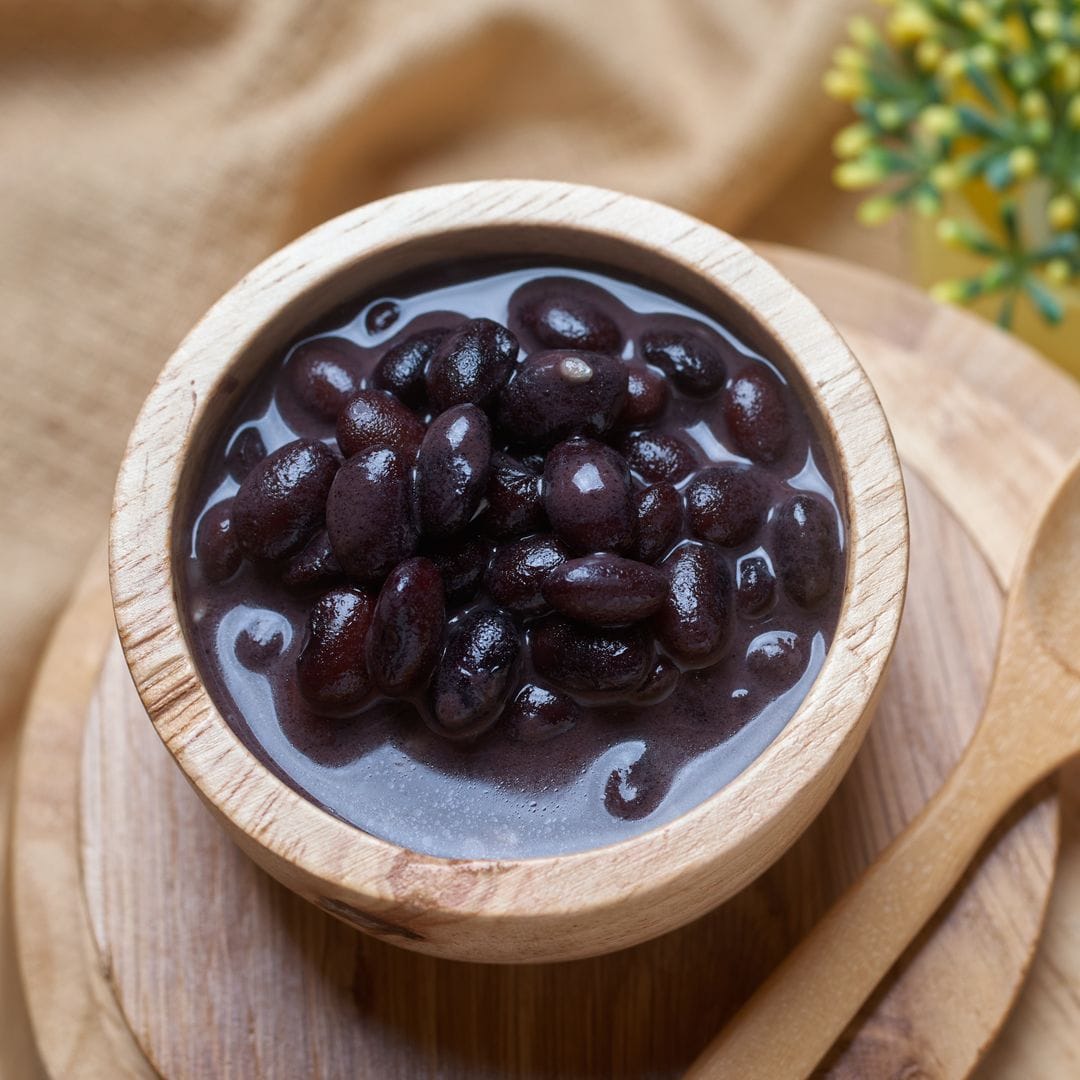You don’t have to be from France to delight in a fresh baguette. This long and crusty loaf bread has accompanied French people for decades, and the rest of the world has adopted it to accompany meals and make delicious sandwiches.
This delicious type of bread has leveled up in the title, becoming a culinary delicacy. The “artisanal know-how and culture of the baguette” is now part of UNESCO’s list of Intangible Cultural Heritage. According to the organization, the French staple’s new status comes from being an integral part of human culture.
UNESCO’s inclusion of the baguette position the bread alongside other foods and culinary lifestyles such as Neapolitan pizza, kimchi, Belgian beer, the “Mediterranean diet,” and Arabic coffee.
CNN informed that UNESCO’s director general, Audrey Azoulay said the baguette’s protected status pays tribute to “tradition,” “craftsmanship,” and ensures the “artisanal way of baking” is “passed on to the next generation.”
“It’s kind of a way of life,” Azoulay said. “There is always a boulangerie nearby, you can go and buy fresh affordable bread, and you meet people, meet with bakers; it’s a very important element of social cohesion.”
Azoulay revealed that it took six years for France to collect all the necessary documentation to request recognition from UNESCO. “This will make people realize that this regular baguette that they know very well is something precious,” she said. “It comes from history, and it has character, and it’s important to make the public aware of this, to be proud of it.”
Traditional baguettes are made with four ingredients — flour, water, salt, and yeast or leavening.
,type=downsize)






